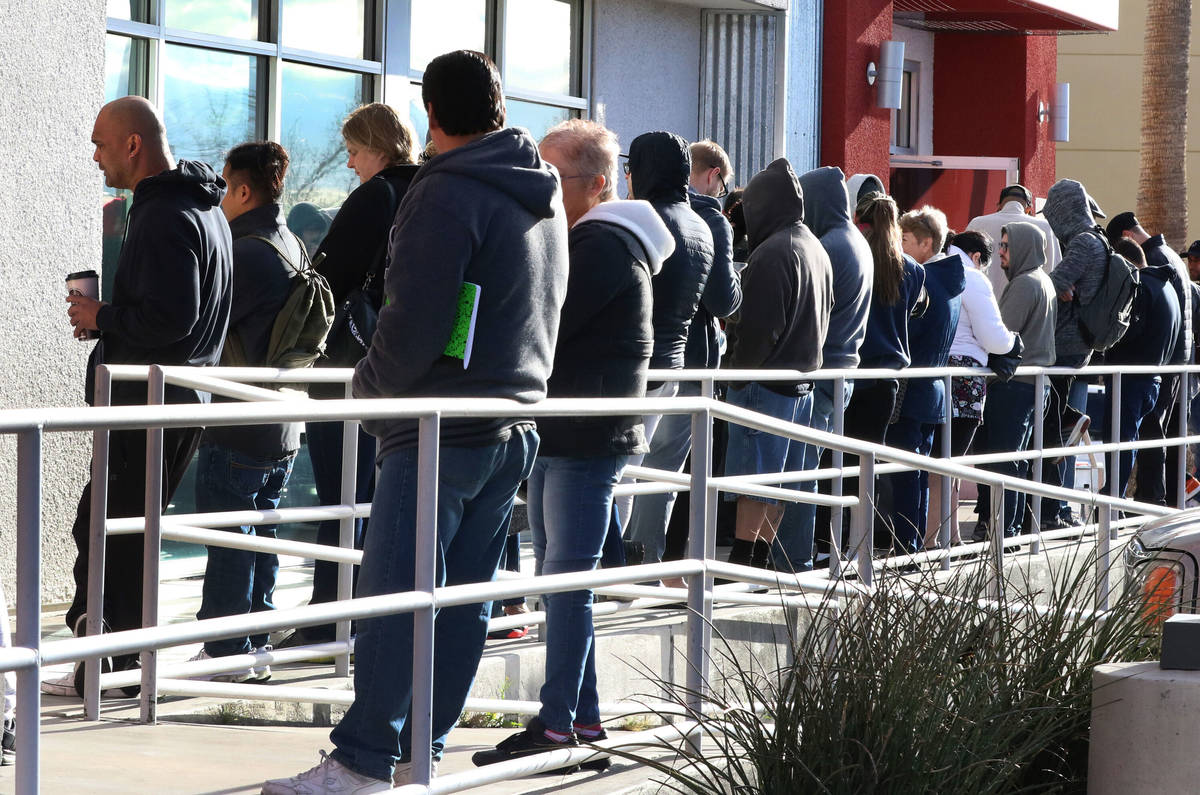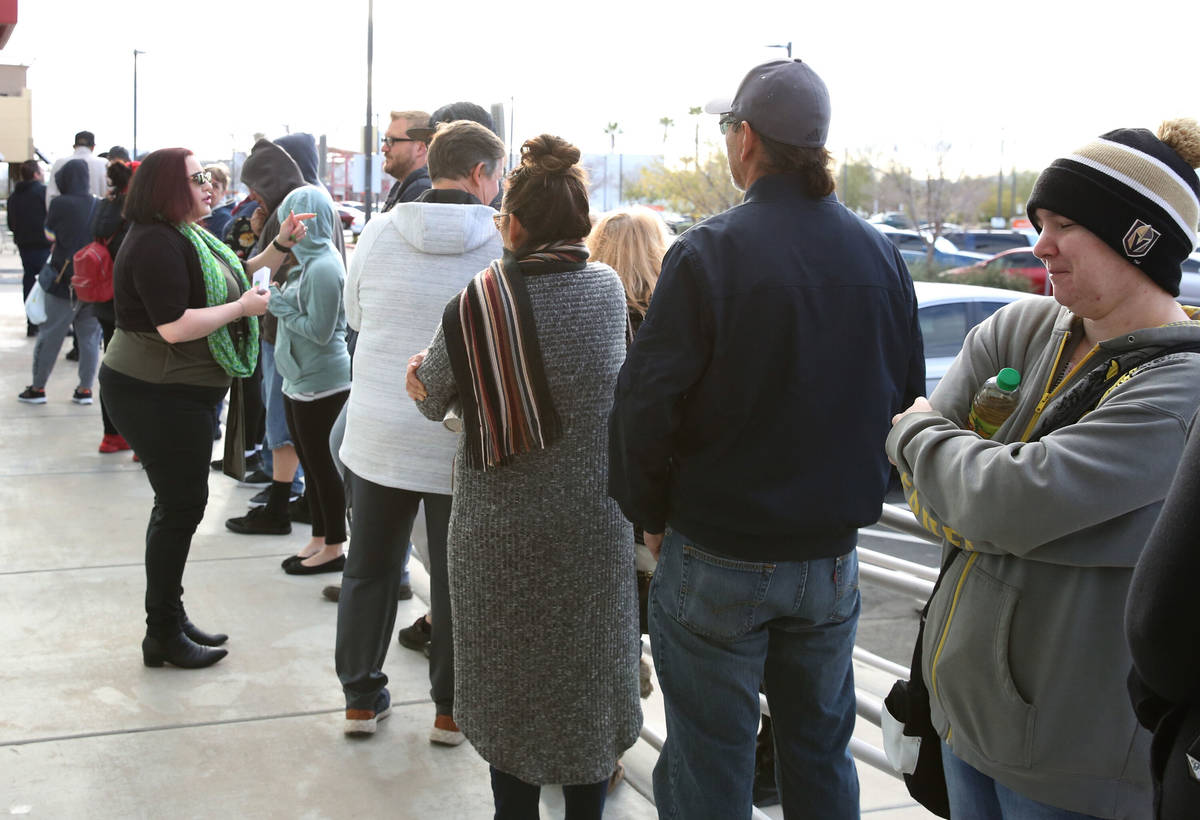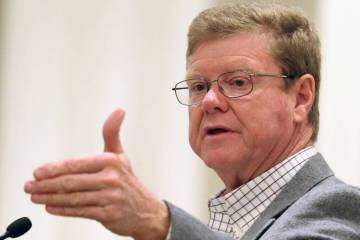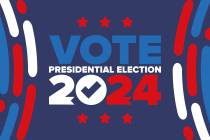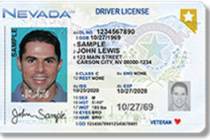Nevada out of money to pay unemployment benefits
Nevada has run out of money to pay unemployment benefits.
But don’t worry if you’re among the hundreds of thousands out of work and receiving, or set to receive, jobless pay: You’ll still receive your check without any hiccups.
On Thursday, the Nevada Department of Employment, Training and Rehabilitation said the unemployment insurance trust fund depleted this week.
Through the week ending Dec. 5, there have been 783,384 new jobless claims filed in 2020, 761,732 of which have been filed since the week ending March 14.
Nevada, joining 22 other states, is asking the federal government for advances to pay out unemployment claims.
“DETR will continue to borrow funds as necessary under Title XII of the Social Security Act, similar to what was done in the last recession, to ensure eligible claimants receive their benefits without interruption,” said Rosa Mendez, an agency spokeswoman, in a statement. “Borrowing funds from the federal government in this manner is typical in times of economic recessions.”
Experts say the long-term impact will be felt by employers, who will likely face higher payroll taxes, and even new filers, who may see stricter eligibility requirements in coming years.
The trust fund is funded through payroll taxes on employers.
“I think there is a really good chance of an unemployment insurance tax hike to pay those loans,” Thoran Towler, CEO of Nevada Association of Employers, told the Review-Journal.
“There were significant unemployment insurance tax decreases over the last few years because the fund had amassed so much ‘surplus’ during a long economic growth period. There was no increase this year due to the pandemic, but a raise next year is likely.”
Matt Weidinger of think tank American Enterprise Institute previously noted future unemployment insurance filers could be impacted even more directly.
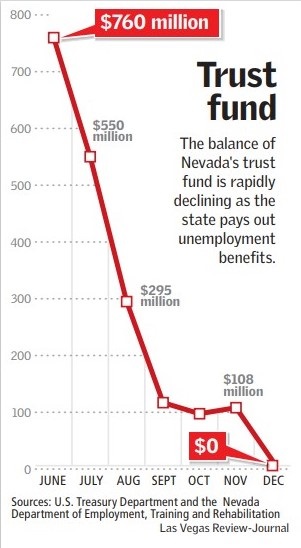
“You can either raise the taxes to support the level of benefits you want to provide or you can cut (a filer’s) benefits somehow — you can cut the number of weeks, you can cut the dollar amount — there’s all sorts of ways on the benefits side you can adjust but there’s a balance,” he said.
Borrowing again
As of Thursday, the state has borrowed $14.57 million from the federal government to pay out claims. States can borrow money when their UI trust funds have depleted under Title XII of the Social Security Act.
It isn’t the first time Nevada has done so.
The state took seven years to repay $773 million from the federal government to cover jobless benefits during the Great Recession, when the state saw 175,000 jobs dry up and the unemployment rate soar above 14 percent.
This year, Nevada’s unemployment rate ballooned to the highest in the country at 30.1 percent in April, according to the U.S. Department of Labor. As of November, Nevada’s unemployment rate stands at 10.1 percent.
Mendez said Nevada’s trust fund lasted nine months of “extraordinary activity” due to the agency’s actions to build reserves prior to the COVID-19 pandemic.
In a July 2020 report, the agency said the UI trust fund was “well-positioned” at the beginning of the COVID-19 pandemic response with “its healthiest balance on record of just over two billion dollars in February 2020.”
The loans Nevada took out to pay unemployment claims will have no interest accrued through the end of the year as part of the Families First Coronavirus Response Act.
The agency said it is working with the state’s Employment Security Council to set employer contribution rates that balance current and future needs and rebuild the trust fund when appropriate.
Towler, of the Nevada Association of Employers, said that if there is a tax increase, the actual impact to employers would depend on their current rate.
“Employers currently pay within a set range that is dependent upon their past history with claims. The actual increase felt would vary for each employer,” Towler said . “With that being said, employers are pretty fearful of any tax increase under Nevada’s current economic situation.”
Contact Jonathan Ng at jng@reviewjournal.com. Follow @ByJonathanNg on Twitter.



